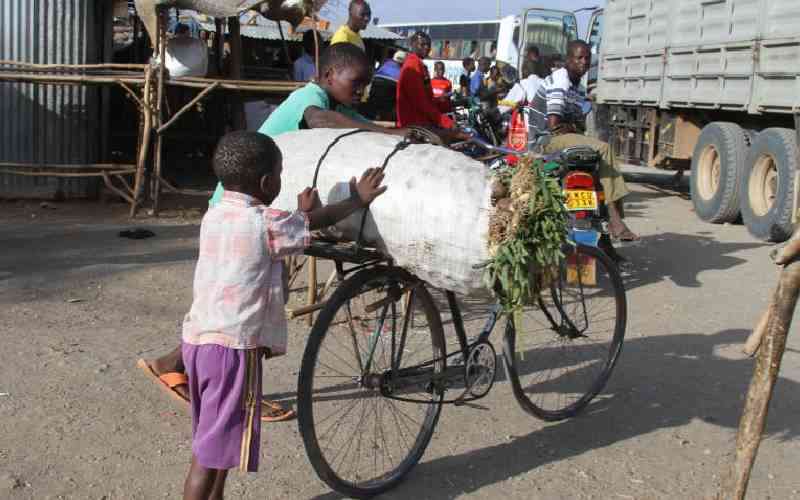
Despite the free primary and subsidised secondary education policy, an estimated 1.8 million Kenyan children aged between six and 18, who are supposed to be in school have either dropped out or never been in school at all, a new report shows.
According to a preliminary assessment of the report by the UNESCO Institute for Statistics (UIS) and the Global Education Monitoring (GEM), which covers Sub-Saharan Africa, suggests that while primary and lower secondary education enrolment have not been affected, there might be some impact on upper secondary enrolment.